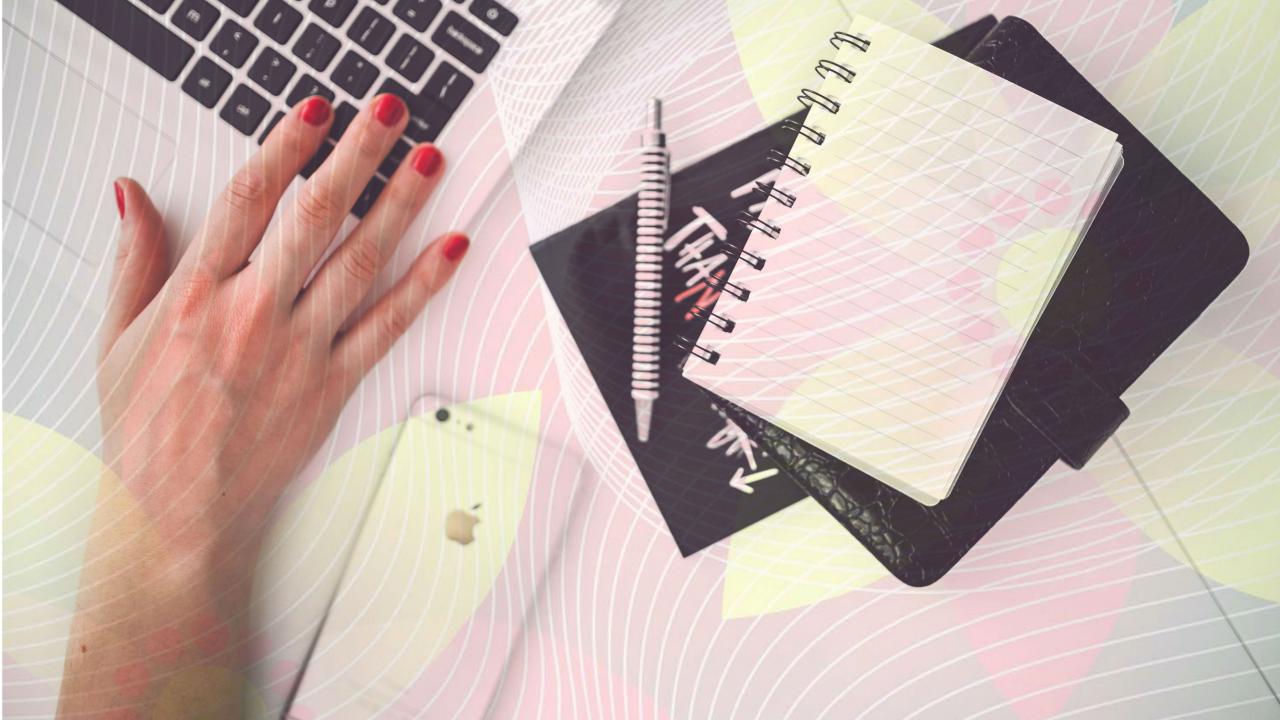Memory is an essential brain function that we use every day. When we read or hear new information, it becomes a short-term memory. Through the process of consolidation, the specific memory becomes a permanent long-term memory that we can recall later.
But sometimes, it can be hard to remember everything we need to learn or need to finish. Maybe it is because we feel overwhelmed or we are too distracted to remember everything, but there are ways to improve memory retention. New research suggests that when a person is relaxed, she can remember more.
Reuters reports that theta waves, which are connected to relaxation, also correspond to memory formation. On an electroencephalogram (EEG), theta waves have a frequency between 4 Hz and 7 Hz. Researchers found that when neurons involved in memory were synchronized with the theta waves during information acquisition, the memories were stronger. They were able to see this by using an EEG and focusing on the neurons linked to memory.
Learning different relaxation techniques can help improve your memory, as well as help with other conditions. The Mayo Clinic notes that relaxation also boosts confidence slow heart rate, reduce anger, lower blood pressure and reduce muscle tension.
One relaxation technique is deep breathing; it only takes a few minutes and can be done anywhere. Start by sitting in a comfortable position with your back straight. To monitor your breathing, put one hand on your stomach and another on your chest. Breathe through your nose, feeling your stomach rise. When inhaling, your chest should only move a little. Exhale through your mouth, feeling your stomach fall. Once again, your chest should only move a little. Repeat this breathing exercise, counting when exhaling. As you continue to do the deep breathing, you will start to feel less tension in your body. Once you feel relaxed, you can start studying or working again.
You can also relax by creating a meditative environment. Try a quiet environment and a comfortable position to get you started. For example, close the door to your room or office and turn off any distractions, like the radio or television. Helpguide.org recommends that when relaxing, choose a point of focus to enhance your concentration. For example, find a place in the room you can focus your gaze on, or simply close your eyes. Taking some time each day to relax not only reduces stress, but can improve your memory.
----------------------------------------------------------------------------------------------------------------------------
Elizabeth Stannard Gromisch received her bachelor’s of science degree in neuroscience from Trinity College in Hartford, CT in May 2009. She is the Hartford Women's Health Examiner and she writes about abuse on Suite 101.






Add a CommentComments
There are no comments yet. Be the first one and get the conversation started!